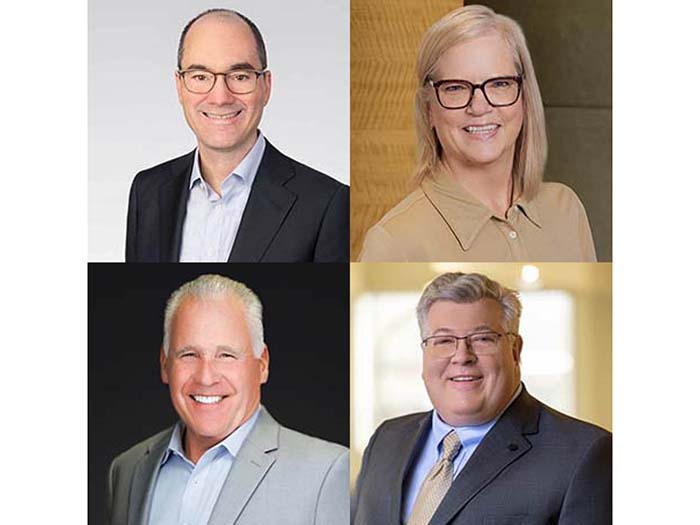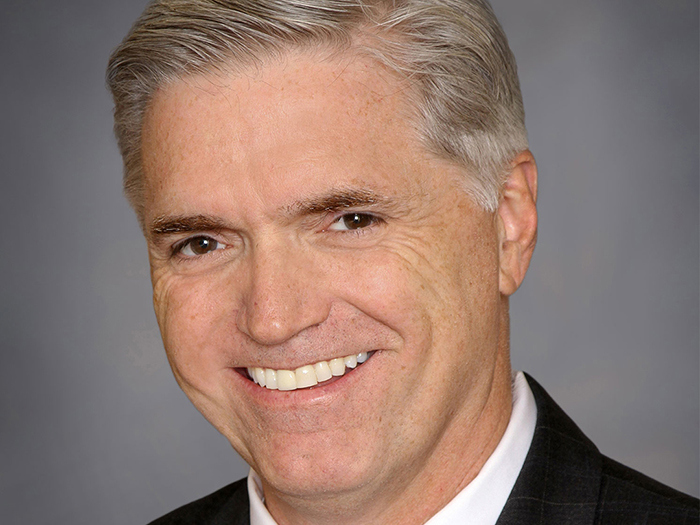RIMS 2014
Hotel “Meth” Production

To the list of environmental risks that plague casino and hotel owners, we can add a new and disturbing one, according to presenters at the 2014 Risk and Insurance Management Society annual conference and exhibition in Denver this week.
Write it down to the influence of a popular television series, or the drug addiction of all stripes that seems to be hectoring the United States, but methamphetamine production in hotel rooms is something that hotel and casino owners should be keeping their eyes on.
“Apparently ‘Breaking Bad’ has gone everywhere,” said Lance Ewing, an AIG industry practice leader for hospitality, leisure and real estate, who moderated an April 28 panel at RIMS.
For those who haven’t seen it, Ewing was referring to the hugely successful AMC series starring Bryan Cranston about a chemistry teacher diagnosed with lung cancer who turns to manufacturing and selling methamphetamines to provide for his family after his death.
According to a recent study, 40 percent of budget hotel rooms are used to either smoke “meth” as it is known in abbreviated form, or to “cook” it, i.e., manufacture it.
“It’s a mess. We haven’t seen it yet, but it’s a mess,” said David Little, vice president, global risk management for the Las Vegas Sands Corp.
The “mess” Little is referring to is the substantial environmental and property losses that can afflict a hotel owner should meth producers set up shop in one of their rooms.
It’s not uncommon for illegal producers to use a hotel room for days at a time, manufacturing meth in hotel bath tubs using household products.
Rather than endure exposures for the sort of environmental and property claims such an intrusion could produce, James Cunningham, vice president of enterprise risk management for riverboat casino and hotel operator Pinnacle Entertainment, said his company looks at the time honored “do not disturb” sign in a different light.
Pinnacle’s approach, according to Cunningham, is to make sure staff members visit hotel rooms at least once every 24 hours, no matter what sign is hanging on the door.
Once a meth operation has been found in a hotel, everything in the room that’s not nailed down has to be thrown out.
Ewing said carriers are offering coverage in the excess layers as part of environmental policies. But this is one risk that hotel and casino owners “want to be aware of,” Ewing said.
A number of recent incidents involved the evacuation of hundreds of hotel residents after meth labs were either discovered by police, exploded or set off fire alarms.










